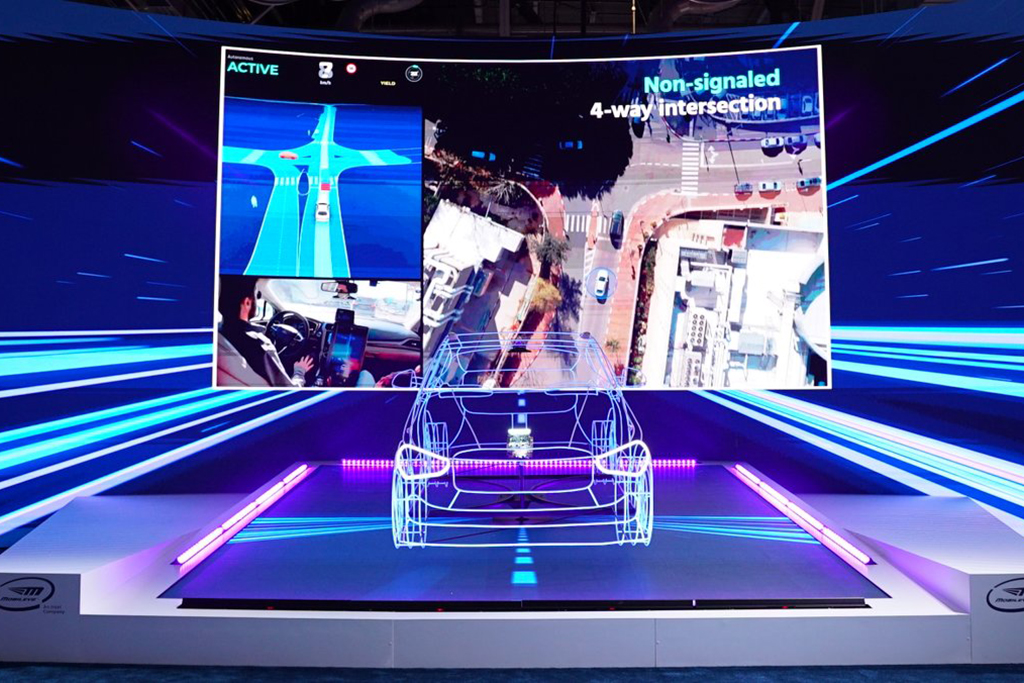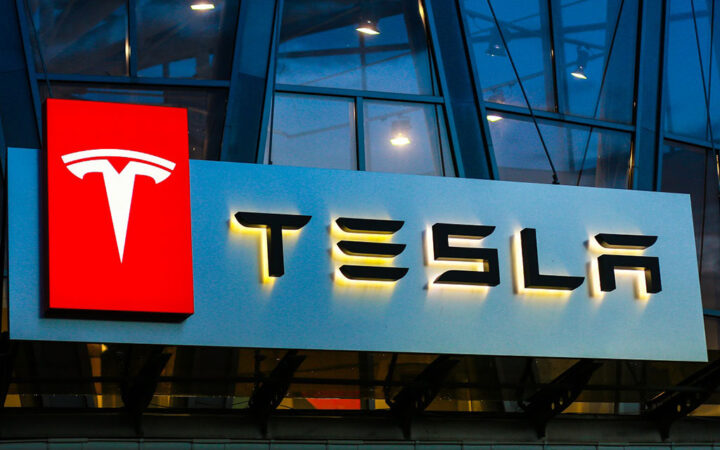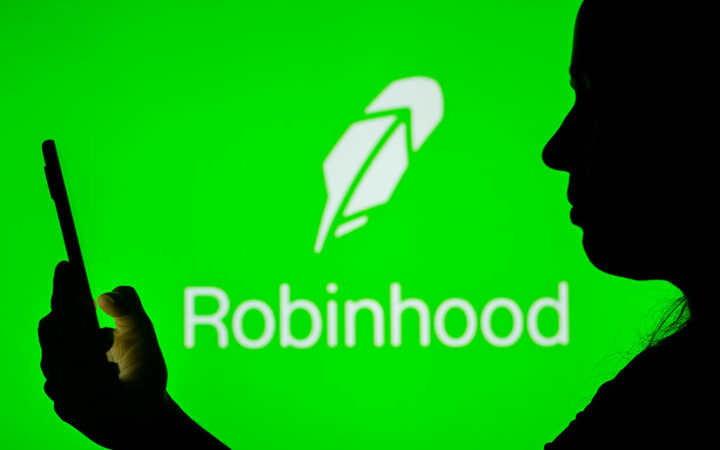
Darya is a crypto enthusiast who strongly believes in the future of blockchain. Being a hospitality professional, she is interested in finding the ways blockchain can change different industries and bring our life to a different level.
Mobileye is going to start offering its robotaxi services in China. As soon as in 2025, electric vehicles are said to be the standard there.

The global leader in the development of vision technology for Advanced Driver Assistance Systems and autonomous driving Mobileye has long been competing with such companies as Waymo, Velodyne Lidar, Oryx, and more. And there is no surprise as this industry requires a quick reaction to constantly changing demands. Mobileye aims to surpass Waymo and other players, therefore, the company is bringing the big guns. Mobileye has decided to deploy commercial robotaxi services and focus more on its activity as a robotaxi operator.
Mobileye develops vision-based self-driving cars and advanced driver-assistance systems (ADAS) providing warnings for collision prevention and mitigation. This is a multi-billion-dollar business that employs 1,700 people and has offices in the US, China, Japan, and Germany. Above all, the company generated nearly $1 billion in sales from this business, and its tech made it into 17.5 million new cars in 2019.
Founded in 1999, the company developed algorithms, and a custom accelerator processor chip called the EyeQ chip. Mobileye’s first clients were automotive manufacturers BMW, General Motors and Volvo. They integrated Mobileye’s technologies into their cars.
In 2006, Mobileye set up an aftermarket department to sell finished products manufactured by Mobileye at their Philippines factory IMI.
In August 2015, Mobileye partnered with Tesla. The company integrated Mobileye’s technology to incorporate its self-drive solution into Model S cars.
In March 2017, Mobileye became the subsidiary of Intel Corporation. The sum of the acquisition made up $15.3 billion.
In 2018, Mobileye shifted its focus from being a mere supplier to becoming a robotaxi operator. In May 2018, Intel and Mobileye began testing self-driving cars in Jerusalem. Then, the company signed agreements with Volkswagen and Champion Motors. They formed a joint venture in Israel to start a self-driving ride-hailing service there.
In 2019, the company also partnered with Chinese electric car startup Nio. Within the partnership, the companies are developing autonomous vehicles for consumers. Under the agreement, Nio supplies vehicles to Mobileye for China and other markets.
Now Mobileye is planning to deploy commercial robotaxi services.
Mobileye CEO Amnon Shashua believes that robotaxi services will quickly gain traction and a huge client base.
Shashua said:
“Robotaxi is not that far away. We are targeting early 2022.”
He has also explained why robotaxi is cost-efficient:
“In terms of cost per kilometer for users, our data shows that ride-sharing robotaxis will not cost more than public transportation, which is subsidized by the state.”
Mobileye believes that the first country to adopt a standard based on Mobileye’s RSS (responsibility sensitive safety) model and implement new vehicles will be China.
Shashua said:
“China announced that electric vehicles are going to be the standard as of 2025. They announced autonomous vehicles are a very important direction. It is a very significant territory with very advanced regulation.”
But the rest of the world might adopt robotaxis as well but later. However, Mobileye will not give up. It has all the chances to become the leader in the industry and surpass Waymo and like players.
Mobileye has also made several other steps on the way to achieving its aim. For example, last week, at a press conference held at the Consumer Electronics Show (CES) 2020 in Las Vegas, the company announced a new autonomous taxi venture in partnership with South Korean city Daegu where is planning to roll out autonomous taxis by 2022.
Moreover, Mobileye is also working on similar projects in Tel Aviv (with Volkswagen and Champion Motors) and in Paris (with RATP Group).
Disclaimer: Coinspeaker is committed to providing unbiased and transparent reporting. This article aims to deliver accurate and timely information but should not be taken as financial or investment advice. Since market conditions can change rapidly, we encourage you to verify information on your own and consult with a professional before making any decisions based on this content.

Darya is a crypto enthusiast who strongly believes in the future of blockchain. Being a hospitality professional, she is interested in finding the ways blockchain can change different industries and bring our life to a different level.




